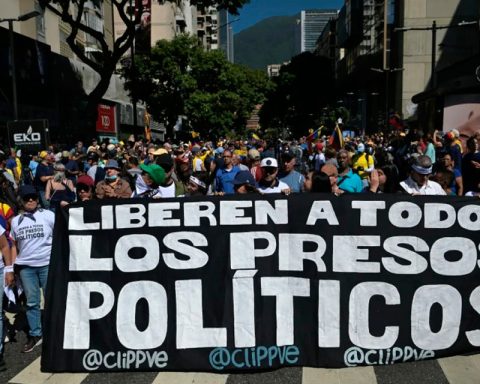Bernardo Bátiz V.
M
éxico transforms the same in the political than in the social; also, of course, economically; The profound reform to democratize the Judiciary, which has aroused so much controversy, already has a solid basis in the approval of both constitutional and legal reforms.
Other facts and political decisions confirm this transformation: increases in the minimum wage; the incorporation of social programs into current legislation; the election of a woman to the Presidency of the Republic for the first time in our history; useful public works, such as the Mayan Train, bridges, roads and refineries, and many other changes that show us a political will in that direction supported by great popular support, which is manifested in abundant votes as well as in shared opinions and demonstrations. public.
Recently, the President of the Republic, Dr. Claudia Sheinbaum Pardo, mentioned that she will promote the creation of cooperative societies, which, in my opinion, is a decision consistent with the ethical foundations of the Fourth Transformation and the Morena party that promotes it, in the one in which she militates alongside many Mexicans.
For decades and especially in the governments of the end of the last century and the first years of the current one, a neoliberal economic system was openly consolidated, supported both by large private capital, which benefited from that system, and by the formal and factual powers that They make up the complex fabric of Mexican society. Large national and foreign companies grew and produced enormous profits, which only benefited the shareholders and the banks that financed the operations, which made the national economy grow, but benefiting very few and thereby deepening the abysmal differences between the very rich and the poor. poorer.
It is important to remember that the Constitution recognizes in article 25 of its economic chapter that there are three large sectors in the economy: the public, private and social sectors.
The same article establishes that the State has the stewardship of national development, to guarantee that it is comprehensive and sustainable, that it strengthens the sovereignty of the nation and democracy; reserving the strategic areas of the economy for the public sector, notably the electricity industry and hydrocarbons, most recently lithium, also ensuring support for the social and private sectors. In summary, our system is mixed and in Mexico companies, owned by individuals, social solidarity companies and state companies coexist.
During the neoliberal governments that were in power for more than 80 years, the gap between the poorest and the richest widened and a market economy prevailed, in which free competition made some gain a lot and others only. They received minimal income, almost survival.
The social economy, as an important part of the transformation, seeks the participation of workers in the ownership and management of private companies and the creation and promotion of cooperative companies. The characteristic of these is that the capital does not belong to the individual shareholders, but to the company’s workers themselves, its foundations are solidarity and equity; In cooperatives everyone is simultaneously owners and workers with equal rights and privileges.
It is very interesting to remember that the Catholic Church, through Father Pedro Velázquez, who was director of the social secretariat of the Mexican Episcopate, for years founded and encouraged both production and consumer cooperatives and the famous Popular Banks, for savings and accessible credit. for the most vulnerable, he wrote books on social doctrine of the church and also encouraged the formation of independent unions.
The fact that the head of the Executive now intends to encourage cooperativism and, therefore, social justice, is very good news and promotes the rebirth of a movement that seeks equity and a better distribution of national wealth.
The recent presidential proposal reminds us that well-known and emblematic companies with diverse fortunes were initially organized as cooperatives. Well-known examples of them have been newspapers Excelsior and The Pressthe Pascual soft drink company, Cemento Cruz Azul, Caja La Guadalupana, Caja Popular Mexicana and many of the fishing branches promoted by the socially inspired government, headed by Lázaro Cárdenas.
Years ago, the National Bank of Mexico encouraged its workers to acquire shares of the institution with savings and year-end bonuses. It is an idea that must be rescued as a good alternative, which does not confront, but unites social classes and encourages solidarity and equity.
















